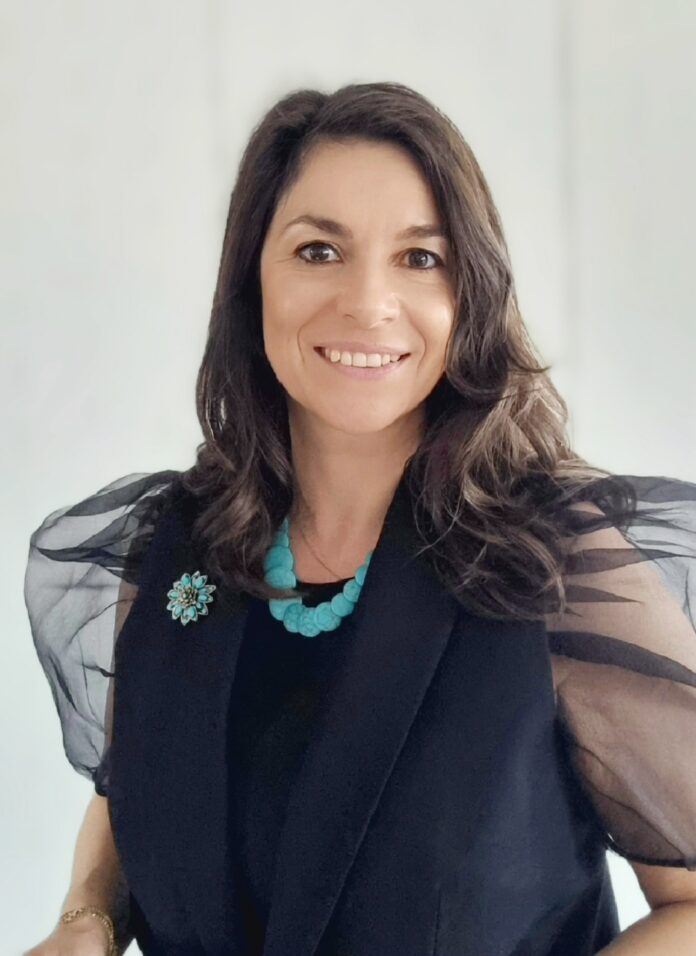6 clauses that should be included in an employment contract
Diplomat Magazine recently conducted an interesting interview with our longstanding partner, Jan Dop, from Russell Advocaten, a firm that has been accompanying us for over 10 years in all legal matters. Our focus was on Dutch Employment law, a significant concern for many diplomatic missions. Let’s listen to the expert legal counsel.
The employment contracts of locally hired staff and private servants employed with diplomatic missions including Ambassadors are mostly governed by Dutch employment law. Employers can in principle determine, in consultation with their employees, what is included in the employment contract. However, Dutch law imposes a number of requirements on certain clauses. Which clauses are useful in an employment contract, what do they imply and what should you be aware of? This article discusses various clauses that we recommend to include in an employment contract, such as:
1. Probationary period clause
Upon entering into an employment contract, employer and employee can agree upon a period within which both parties can terminate the contract with immediate effect at any time: the probationary period. However, it is not allowed to include a probationary period clause in a fixed-term employment contract for a period shorter or equal to six months. If an employment contract is entered into for a period exceeding six months, it may be agreed upon a maximum probationary period of one month. A maximum probationary period of two months may be included in employments contracts for a period of 2 years or longer and for an indefinite period. A probationary period does only apply if it (1) has been agreed upon in writing and (2) is the same for both parties. Please note that a probationary period may only be included once and cannot be extended for example because of illness of the employee.
2. Ancillary activities clause
An ancillary activities clause usually means that employees are not allowed to perform other work than for their employer, unless they have received approval to do so. The prohibition of other paid or unpaid activities is limited to the duration of the employment contract. An ancillary activities clause may prevent that employees perform other undesirable activities or that they will get overburdened by having several jobs. A prohibition to perform ancillary activities is only valid if it can be justified on the basis of objective grounds.
3. Unilateral amendments clause
If an employment contract contains a unilateral amendments clause in writing, it may be a little easier for the employer to unilaterally change the employment conditions of the employee. Employees are protected by employment law, so, in principle, the terms and conditions of employment can only be changed with the consent of the employee. However, if a unilateral amendments clause has been agreed upon and the employer has a substantial interest, the employee’s interest in maintaining his terms and conditions of employment may sometimes have to give way.
4. Incorporation clause
The incorporation clause is a clause in the employment contract in which a personnel handbook or code of conduct containing employment conditions and internal regulations of the Diplomatic Mission will be declared applicable. The employee and employer are therefore bound to these additional rules and regulations in case of such a clause.
5. Confidentiality clause
When performing their work, employees will get familiar with confidential information of the employer or relations. To achieve that employees will treat this kind of information carefully, a confidentiality clause can be included in the employment contract. A confidentiality clause determines that the employee will observe secrecy towards confidential information, both during and after the employment.
6. Penalty clause
The employment contract may include that the employee owes a penalty if he violates the agreed-upon conditions. It may be determined that an employee who breaches for example the confidentiality obligation has to pay a certain amount for each violation. The amount of the penalty can be reduced by the judge.
More information
Of course more clauses are possible, like a non-compete clause, social media clause or specific rules applicable to illness of the employee. Apart from these optional clauses, Dutch law prescribes which basic information the employer has to give the employee about the employment contract and in which way this must be done.
This mandatory information includes the description of the job, whether the contract is for a definite or indefinite period, the duration of the contract if it is for a definite period, the right to holidays, the amount of salary, the notice period, the working hours per week, whether overtime is paid and whether the employee is socially insured.
Would you like to get more information on employment contracts and what you can and must include? Do you need assistance in drawing up and assessing an employment contract? Would you like to know whether a situation is in violation of the agreed conditions of employment?

Please contact: Jan Dop, LL.M. (jan.dop@russell.nl) or embassydesk@russell.nl or visit our websites www.russell.law and www.embassydesk.nl. We are dedicated to helping you!

























